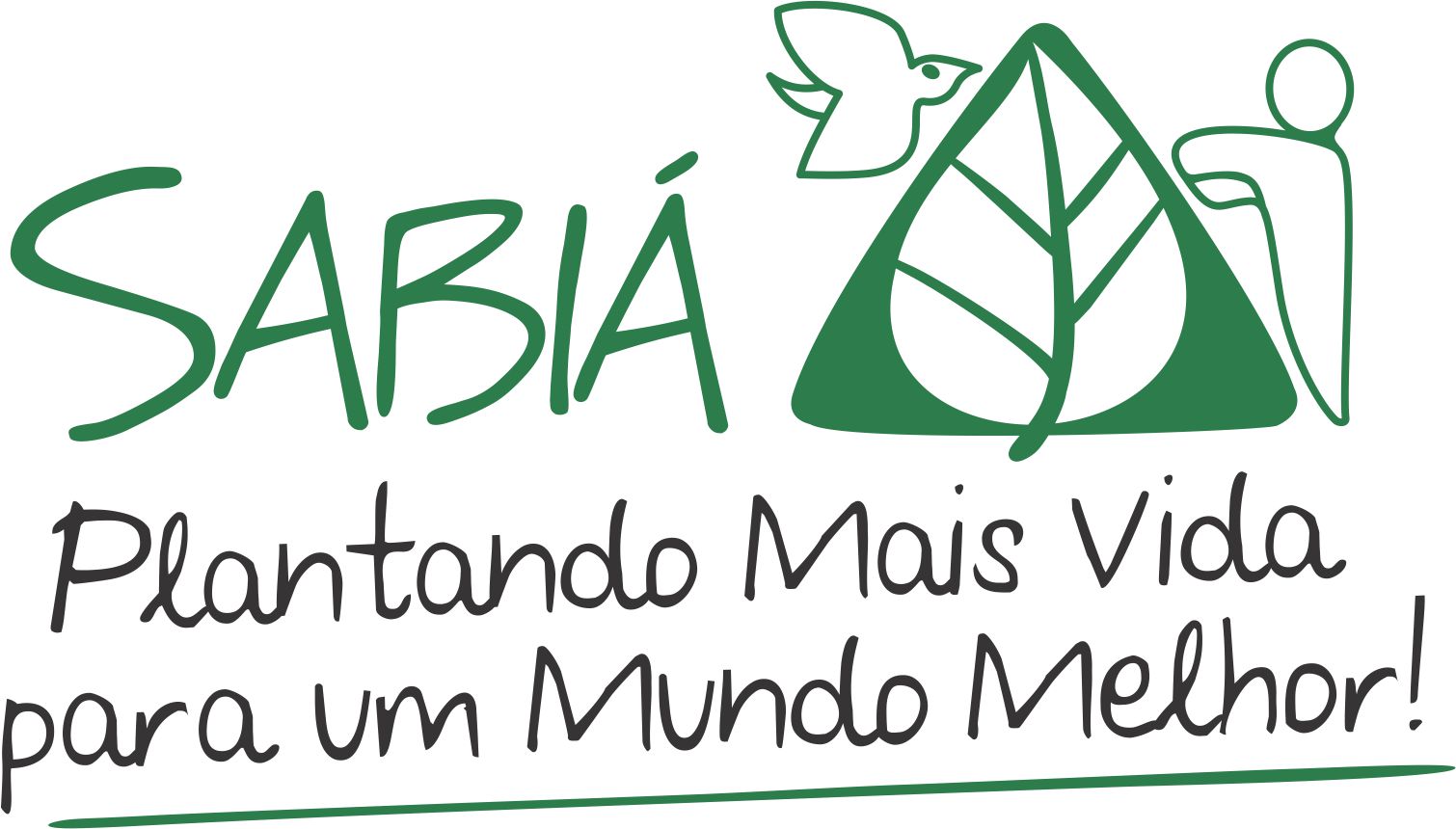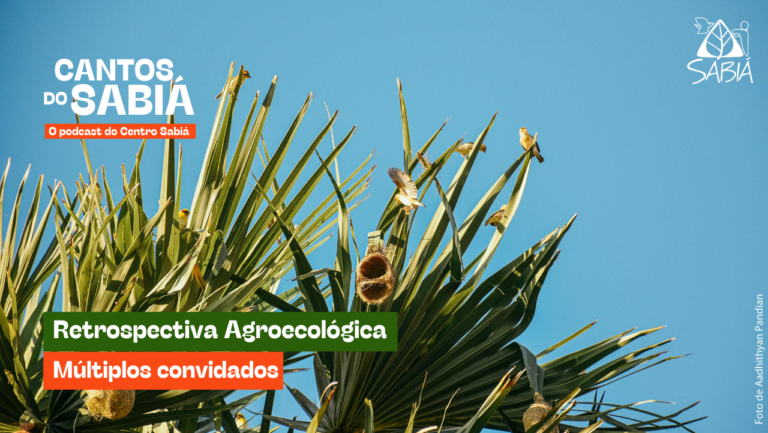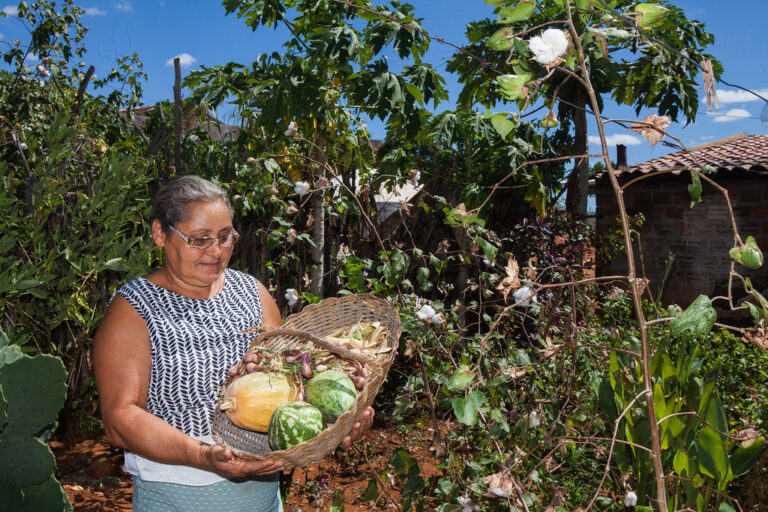Semi-arid and the struggle of women in the face of climate change
Protagonism of quilombola women in the semi-arid region to guarantee rights and mitigate effects of the climate crisis
Maria José de Souza Silva
Quilombola Elementary School Teacher – Graduated in Pedagogy, Community Leader, Farmer, Black Quilombola Woman and social movement activist

As we know that the majority of the population in Brazil and in the world is made up of women, then we can say that the majority are also black/ quilombola women who occupy various spaces and sectors in the formal and informal labor market, including the unemployed, living on assistance and social programs from the Federal Government. Women are the most affected with social inequalities and even more with the moment of COVID-19 health crisis that Brazil has been suffering, especially the women of the semi-arid northeastern region, who suffer with the lack of jobs and income, lack of rainfall for their agro-ecological productions and human consumption, much has been done, but we need to expand the public policies that reach these groups of women heads of families, victims of the effects of inequalities in this country.
We know about the female potentials when it comes to caring and being caretakers for the family, often forgetting about themselves to give themselves to the care of their relatives and jobs in family homes, cleaning the urban roads, taking care of their small businesses, always looking for survival strategies to achieve a better life. We found several organizations, groups, establishments organized and managed by women that are doing well.
The strengthening of these groups is of paramount importance for the sustainability of their families and for the local working capital, generating a local economy that is not accounted for in the country’s government charts, the income generated by women.
It is worth making explicit the context in which these women are inserted in society, the degree of their studies and ways of life, which continue to perform their activities to reaffirm their presence and the various forms of work. They are black women, indigenous women, women farmers, riverine women, quilombolas, and so many others, who make these fathers happen with their contributions. Talking about women in this territory requires a special look, because we are talking about a diversity of women that make up a territory punished by several climatic actions that make them different with equal rights.
Quilombola women from the semiarid region in particular tend to face the climatic relations with more difficulty, causing a very big impact on their lives. In the face of droughts, the lack of water, which even with the construction of plate cisterns, this demand is still very strong in the Northeastern Sertão. The continuity of this public policy is needed to attend to the new families that will be formed over the years. This program, due to its importance to the semi-arid region, must become a state policy again, so that each family has its right guaranteed by law.
Nothing found.




